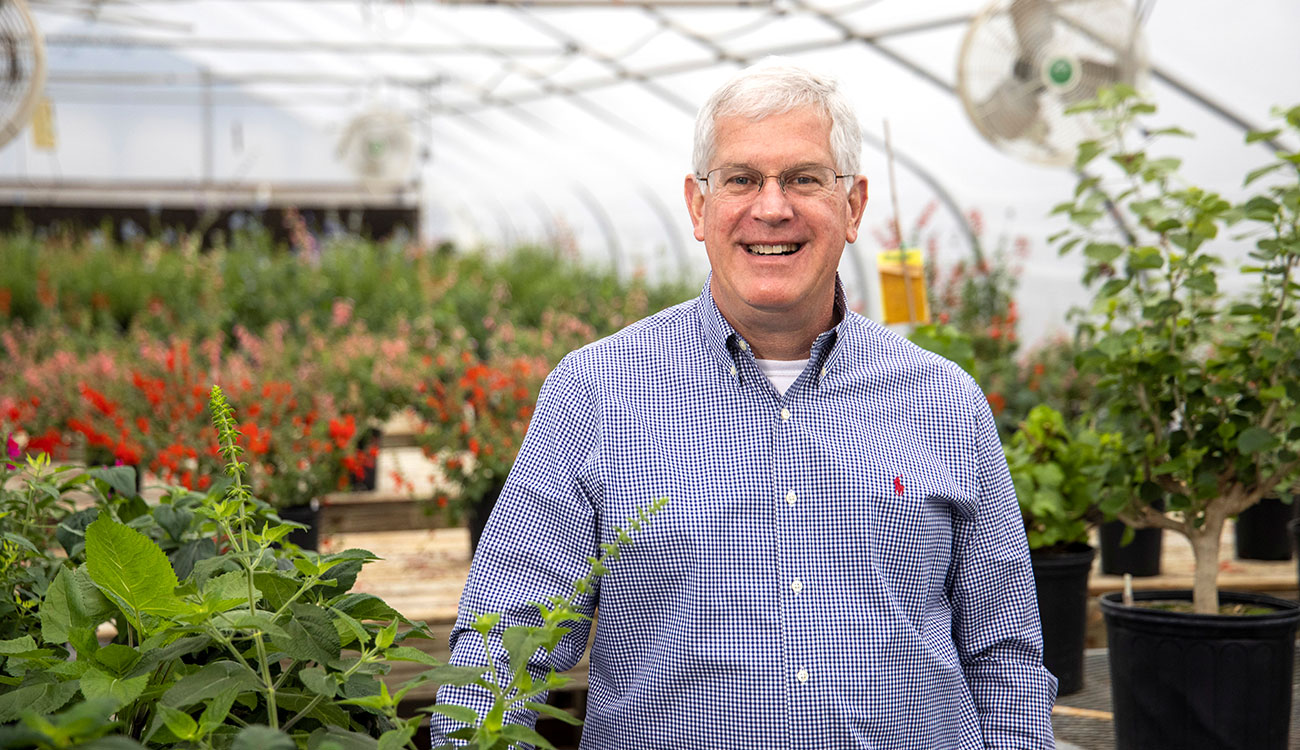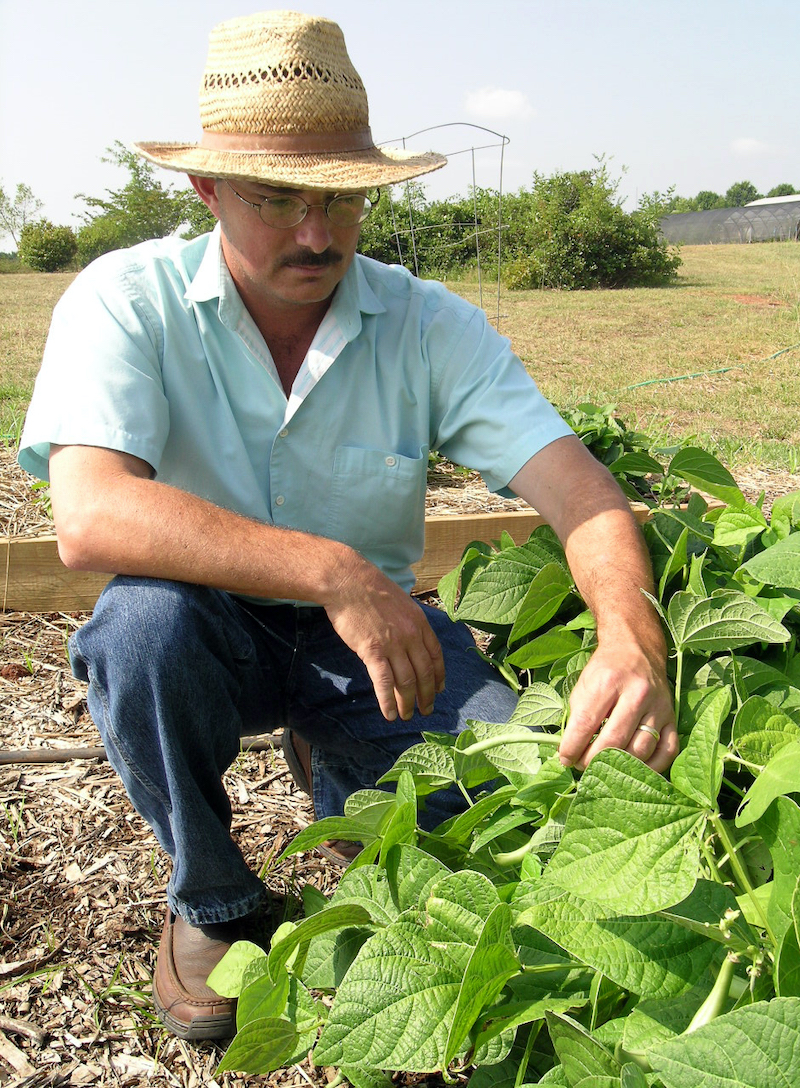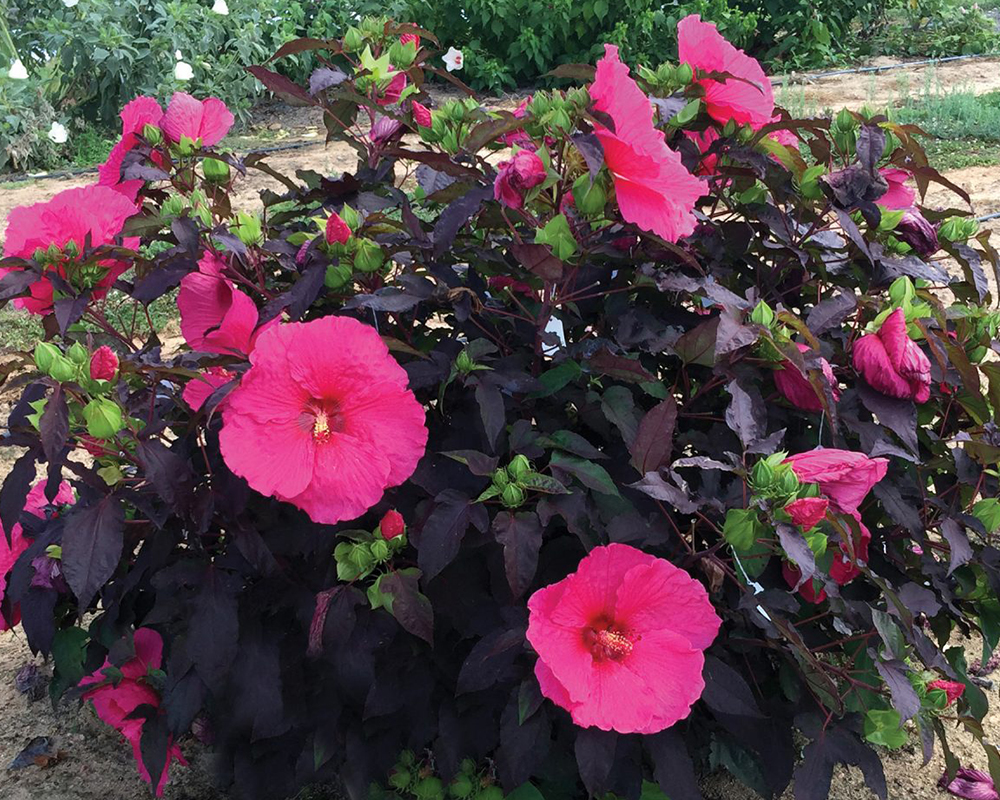 CAES News
CAES News
UGA CAES serves as a source of local produce and goods
Athens, Georgia, is known for three things — University of Georgia football, music, and food. Food is as much a part of the Athenian identity as the Bulldogs. Every weekend, football or not, restaurants around Athens are filled with both locals and students enjoying the communal environment a good local dish or beverage can offer.





